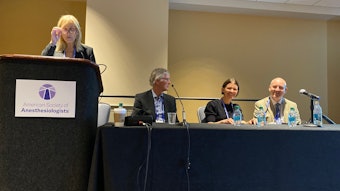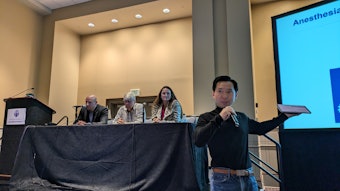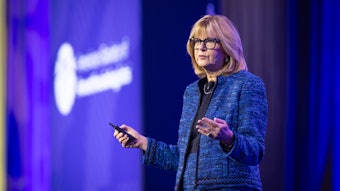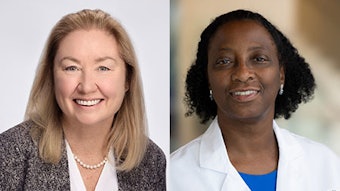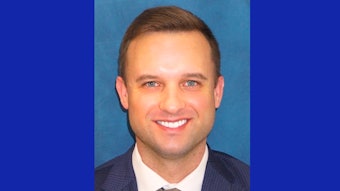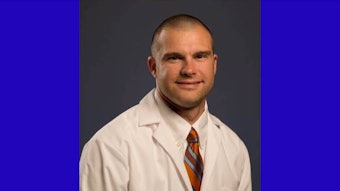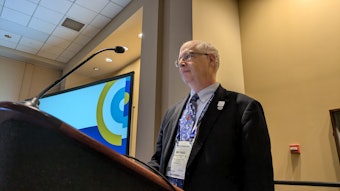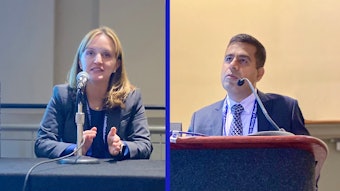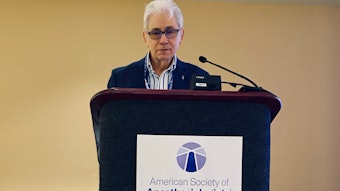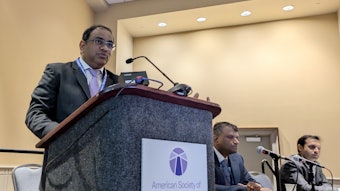Severinghaus lecture brings personal perspective to ERAS protocols
Henrik Kehlet, MD, PhD, addresses challenges ahead.
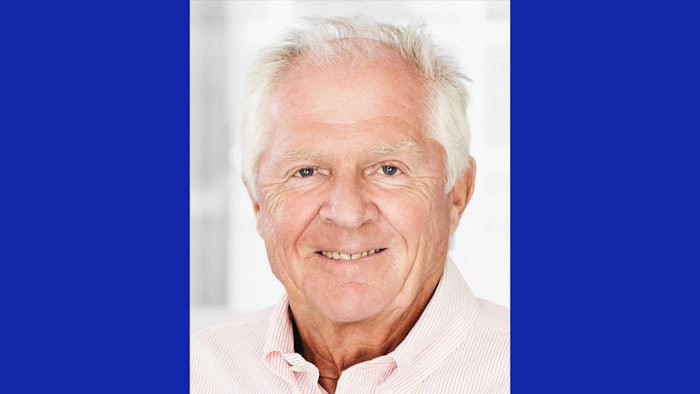
Each year, in the spirit of John W. Severinghaus, MD, FRCA, and his pioneering career in anesthesiology, the John W. Severinghaus Lecture on Translational Science honors those who serve as beacons for the specialty and for transformational patient care. Anesthesiology 2024’s honoree was Henrik Kehlet, MD, PhD. He presented 2024’s “John W. Severinghaus Lecture: Perioperative Medicine – A Look From the Other Side.”
Despite advances in perioperative care, challenges remain, particularly in risk of complications and prolonged hospitalization and recovery. In his lecture, Dr. Kehlet, Professor of Perioperative Therapy at Rigshospitalet at Copenhagen University in Denmark, will explore elements of surgical care and perioperative outcome pathophysiology, emphasizing the need for a combined procedure- and patient-specific approach within an established, well-defined enhanced recovery program.
“I introduced the concept of multimodal analgesia (Kehlet, H., Dahl, J.B. The value of multimodal or balanced analgesia in postoperative pain relief. Anesthesia and Analgesia 1993;77:1048-1056) and founded PROSPECT, a multidisciplinary guideline for procedure-specific pain management, followed by the view from the surgical side emphasizing the importance of intraoperative surgical technical developments (minimal invasive surgery), with a focus on postoperative risk factors for impaired recovery and complications,” Dr. Kehlet said.
Dr. Kehlet is renowned for his research in surgical pathophysiology, acute pain physiology and treatment, the transition from acute to chronic pain, postoperative fatigue, and organ dysfunction. His storied career involved the concept of “fast-track surgery” or “enhanced recovery after surgery” (ERAS), a series of protocols that aim to achieve pain-free and risk-free operations.
The protocols involve a series of evidence-based care elements that can be applied before, during, and after surgery, which all support recovery by reducing stress reactions caused by injury.
ERAS protocols not only produce better outcomes for patients and a more rapid return to better health, they also offer enormous financial benefits to the health care system. Dr. Kehlet’s concept is now generally accepted and implemented in all surgical societies, and with about 300 million surgical procedures performed worldwide each year, the impact has been significant.
During surgery, there is an emphasis on regional analgesia, balanced fluid administration, and careful temperature control. The postoperative phase consists of early mobilization and early reintroduction of oral fluids and solids.
These protocols modify stress responses, reducing complications and shortening recovery time by as much as 30% to 50%. Older patients benefit from the ERAS approach, experiencing fewer complications and less confusion after surgery, resulting in shorter hospital stays.
However, Dr. Kehlet believes that several challenges remain. He said there is a need to improve implementation of existing scientific evidence, increase the focus on post-discharge recovery problems, and improve the design of future ERAS studies. The most important challenges, he said, lie within a better understanding and control of undesirable perioperative pathophysiological responses with subsequent risk of organ dysfunction.
“These efforts should focus on the inflammatory and neurohumoral surgical stress responses, fluid management, pain management, blood management, mechanisms of orthostatic intolerance, postoperative cognitive dysfunction, risk factors for thrombo-embolic complications, and mechanisms and prevention of postoperative ileus,” he said.
Finally, Dr. Kehlet said he believes more focus should be made on the different barriers to post-discharge functional recovery and the choice of (preoperative and postoperative) rehabilitation. These efforts should be made on a procedure-specific as well as a patient-specific basis.
“For this complex multifactorial problem, multidisciplinary collaboration is mandatory and suggests new, important research areas, including controversies in outcome assessment and research protocol design,” he said.
In addition to looking to the future, Dr. Kehlet’s lecture will provide a short historical review of surgical pathophysiology as a primary factor for risk of complications, focusing on past efforts made by anesthesiologists for preoperative risk estimation and intraoperative anesthetic management.
Dr. Kehlet’s work has earned him the title of Honorary Member of ASA, and Honorary Fellow of the Royal College of Anaesthetists, American College of Surgeons, American Surgical Association, German Society of Surgery, and the German Society of Anaesthesiology and Intensive Care.
